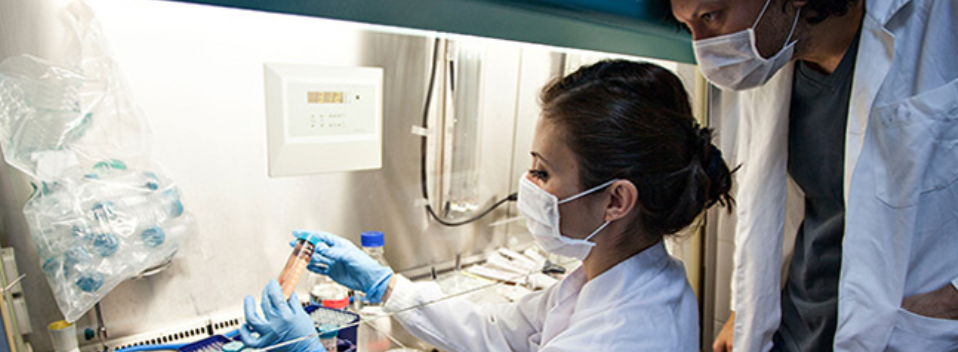
School of Medicine Publications and Presentations
Exploring the Role of Reactive Oxygen Species in Redox Cancer Therapy: Unveiling New Avenues for Treatment
Abstract
Cancer cells, compared to normal cells, often exhibit higher levels of reactive oxygen species (ROS) compared to normal cells due to various factors. Despite this, research suggests that cancer cells are more vulnerable to oxidative stress. Given the role of oxidative stress in cancer development, several proposed mechanisms detail how ROS can contribute to tumorigenesis. The modulation of pathways directing to increased ROS production might provide more avenues for cancer treatment and prevention. Molecular targets in cancer, recognized by their association to transcription factors like Nrf2, involve genes such as P53 and HMOX1. Administration of agents such as quercetin, lipid membrane-coated silica-carbon (LSC) hybrid nanoparticles, or antioxidants like glutathione reductase (GR) has shown evidence of inducing or reducing ROS in cancer. However, while oxidative stress plays a role in cancer development and growth, the use of exogenous antioxidants remains inconclusive, with contradictory results reported by several researchers. Moreover, much like the former, antioxidant consumption might also involve risks and demands more evidence against possible hazards in cancer treatment. However, moderate intake of antioxidants may potentially slow the risk of cancer development or progression.
We systematically reviewed over 30 recent and pertinent studies on reactive oxygen species (ROS) in cancer manifestation and therapy, utilizing diverse online databases including PubMed, Google Scholar, and Web of Science. The aim of this review is to bring together essential findings from the recent literature in order to establish a vast, integrated overview concerning the current understanding of ROS involvement in acute coronary syndrome. Notably, all the quoted statistical analyses in the literature were done by the authors of the individual studies.
Inhibitors of ROS, besides protein and transcription factors inhibitors implicated in regulating ROS, are getting attention in treatment against diseases known to promote oxidative stress. In a physiological context, Keap1 will mediate the degradation of Nrf2, which is the master transcription factor, while upon high oxidative stress it trans-locates into the nucleus for upregulating several enzymes such as glutathione reductase (GR), which is vital in redox balance maintenance by converting oxidized glutathione (GSSG) to reduced glutathione (GSH), a principal antioxidant. Quercetin, which is a flavonoid with a very potent antioxidant capability, was reported to modulate cellular redox status by reducing cellular GSH levels as well as GR activity. Consequently, this would be fascinating as pure recombinant GR would induce in the cell a hyper-reductive state, thus possibly causing damaging ROS production as compensatory occurrence. This paradox serves to illustrate the delicate balance of an ideal antioxidant. Further, LSC nanoparticles emerge as contenders available to cope with oxidative stress by destabilizing ATP synthesis pathways. These nanoparticles achieve this by promoting the conversion of nicotinamide adenine dinucleotide (NADH) to its oxidized form (NAD), thereby impeding cellular energy production and potentially limiting the availability of reducing equivalents necessary for ROS generation. Research utilizing HMOX1 inhibitors like metalloporphyrin compounds Tin protoporphyrin IX (SnPP) and Zinc Protoporphyrin IX (ZnPP) has shown to enhance tumor cell sensitivity to chemotherapies while reducing free iron levels.

